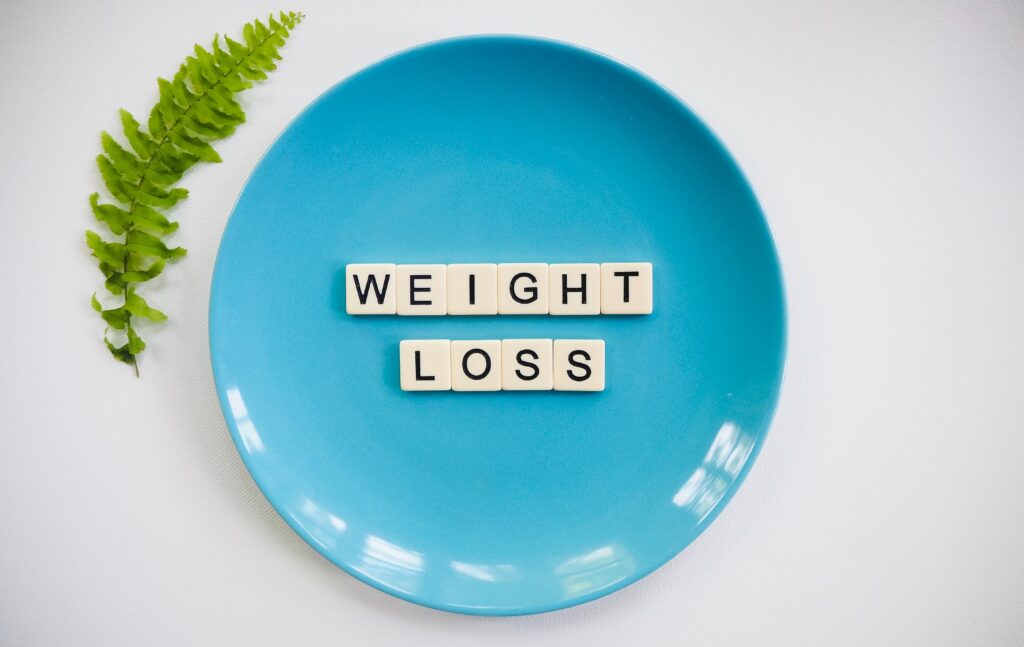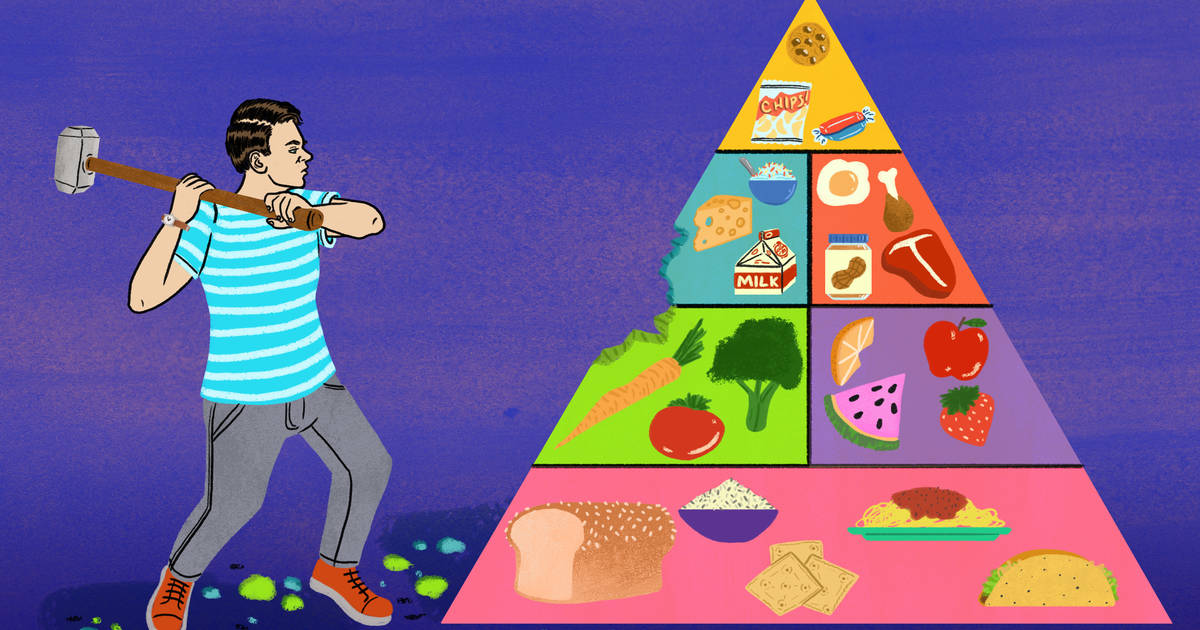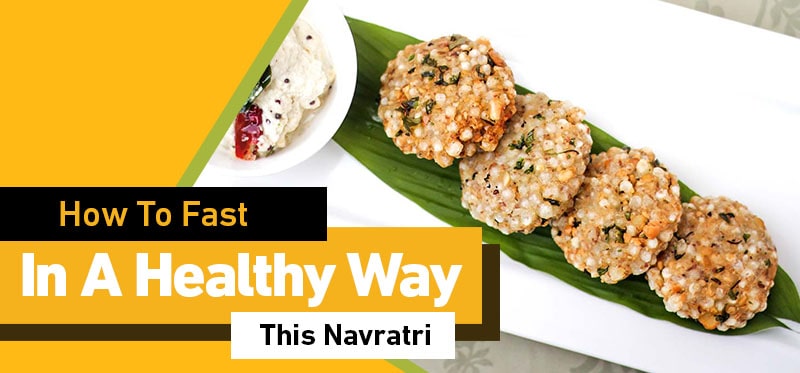Maintaining a healthy diet is essential for overall well-being, but it’s important to separate fact from fiction when it comes to nutrition. Unfortunately, there are numerous myths surrounding healthy eating that can mislead individuals and hinder their progress toward a balanced diet. Here, we’ll debunk five common healthy eating myths that you should stop believing. By understanding the truth behind these myths, you can make informed choices and improve your eating habits.
Myth: All fats are bad for you.
Fact: Not all fats are created equal. While it’s true that saturated and trans fats should be limited, unsaturated fats, such as those found in avocados, nuts, and olive oil, are beneficial for your health. These healthy fats can support brain function, help absorb vitamins, and promote heart health. So, instead of completely avoiding fats, focus on incorporating the right kind of fats into your diet.
Myth: Carbohydrates should be avoided for weight loss.
Fact: Carbohydrates often get a bad reputation, but not all carbs are the enemy. Whole grains, fruits, and vegetables provide essential nutrients, fiber, and energy. It’s the refined and processed carbs like sugary snacks, white bread, and pastries that should be limited. Opt for complex carbohydrates that digest slowly, keeping you fuller for longer and providing sustained energy throughout the day.

Myth: Skipping meals helps with weight loss.
Fact: Skipping meals is not a constructive strategy for weight loss. It can have the opposite effect. When you skip a meal, you’re more likely to feel hungry and overeat later on. Additionally, it can cause nutrient deficiencies and reduce your metabolism rate. Instead, try to focus on portion control and balanced meals throughout the day to maintain steady energy levels and support a healthy metabolism.
Myth: Organic food is always healthier.
Fact: While organic food is grown without synthetic pesticides and fertilizers, it doesn’t automatically make it healthier or more nutritious than conventionally grown food. Both organic and non-organic options can provide essential nutrients. It’s crucial to prioritize a varied and balanced diet with a focus on whole foods, regardless of whether they are organic or conventionally grown.
Myth: Detox diets are a quick fix for cleansing the body.
Fact: Detox diets and juice cleanses are often marketed as a way to eliminate toxins and jumpstart weight loss. However, the body is designed to naturally detoxify itself through organs like the liver and kidneys. Extreme detox diets can be restrictive, lacking essential nutrients, and may even be harmful. Instead of focusing on short-term fixes, focus on long-term healthy eating habits supporting your body’s natural detoxification processes.
Also Read: https://hogr.app/blog/3-commonly-believed-herbal-tea-myths-and-the-truth-behind-them
It’s important to be aware of the myths surrounding healthy eating and separate them from factual information. By understanding the truth behind these myths, you can make informed decisions about your diet and cultivate a healthier lifestyle. Remember to focus on incorporating a variety of nutrient-dense foods, including healthy fats, complex carbohydrates, and whole foods, while maintaining portion control. By debunking these myths, you’ll be better equipped to create a sustainable and balanced approach to healthy eating that suits your individual needs and goals.
















